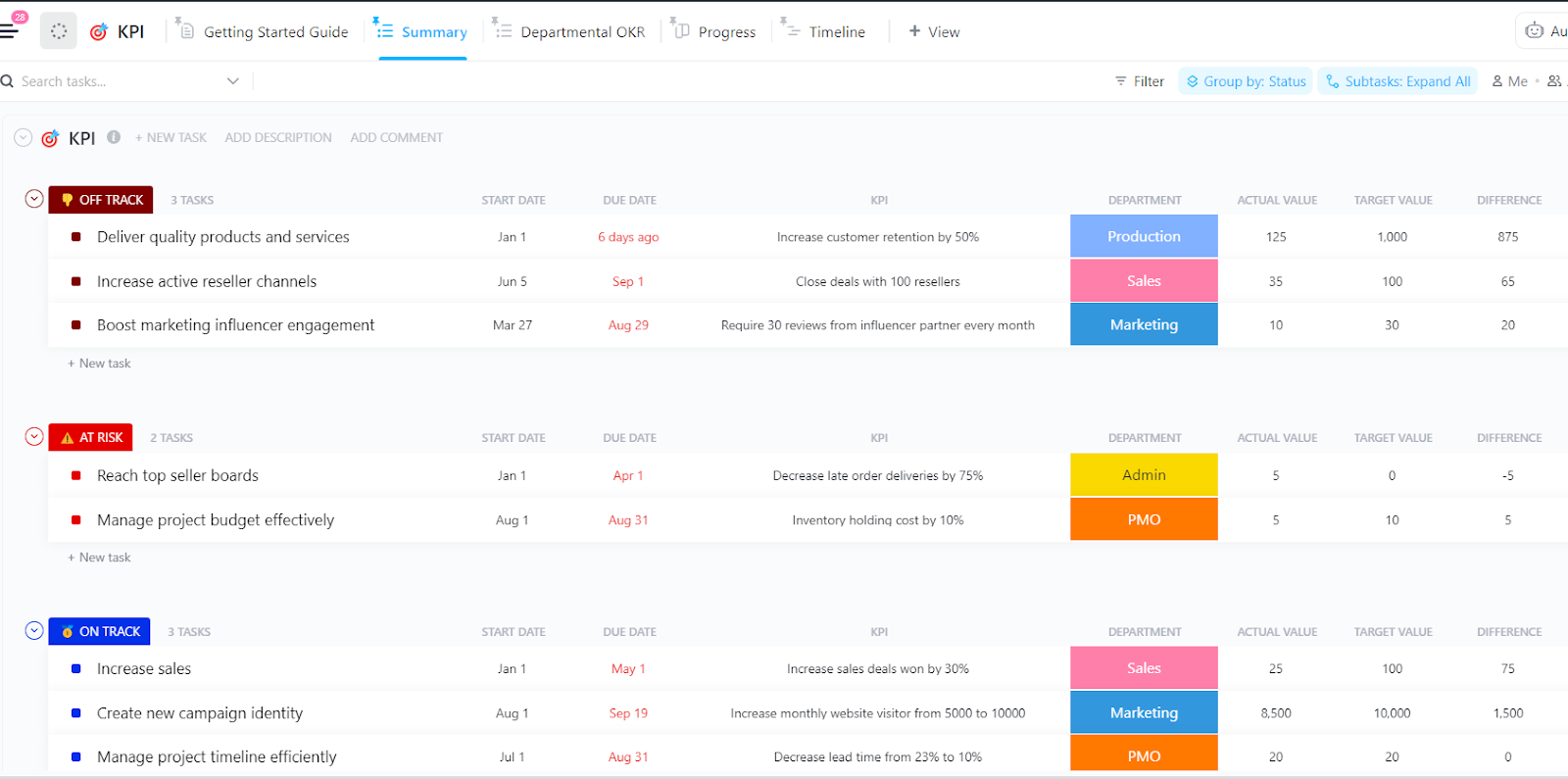A Japanese chipmaker you’ve probably never heard of wants to power Apple’s future artificial intelligence server farms.
Rapidus, Japan’s ambitious semiconductor startup, is moving quickly toward becoming a key supplier for advanced AI chips. The company has reportedly initiated talks with Apple, Google, Meta, Amazon and Microsoft.
The supplier is aiming to secure agreements for mass-producing cutting-edge 2-nanometer chips by 2027. Although it trails behind TSMC, Rapidus CEO Atsuyoshi Koike believes the company can close that gap with more advanced manufacturing techniques.
While data centers are a major driver of demand for 2nm chips, the push goes beyond that. Companies like Apple are also focused on powering AI across devices and improving energy efficiency in chips. The move to smaller chips supports everything from cloud infrastructure to on-device intelligence.
Japan’s push into the market
Formed in 2022 with substantial government backing and investments from major Japanese firms like Sony, Toyota and SoftBank, Rapidus was conceived as Japan’s answer to global semiconductor giants like TSMC and Samsung.
A recent report from Nikkei Asia indicates that Rapidus CEO Atsuyoshi Koike confirmed ongoing discussions with major tech companies. Companies like Apple and Google are actively looking to diversify their semiconductor supply chains and reduce dependence on Taiwan’s TSMC amid growing concerns about regional stability.
Rapidus recently activated a prototype production line at its facility in Hokkaido, with full-scale operations expected by the end of the month. The Japanese government is investing about $1.37 billion (200 billion yen) to accelerate production and meet the 2027 timeline.
TSMC is still expected to lead, with 2nm chips slated for 2025. Rapidus aims to close the gap quickly. Strategic partnerships are central to that plan.
The company has teamed up with IBM to jointly develop advanced 2nm manufacturing processes and has secured extreme ultraviolet lithography machines from ASML, essential for building chips at that scale.
Rapidus has also entered strategic partnerships with Esperanto Technologies to develop energy-efficient AI chips. Additional partners include Preferred Networks and SAKURA internet, which will help support cloud-based AI services in Japan.
Why data centers & AI are driving demand
Rapidus’s push into the advanced semiconductor market signals a significant shift in the global chip manufacturing landscape. Historically dominated by TSMC and Samsung, the market is increasingly shaped by geopolitical considerations.
With escalating tensions between China and Taiwan, many global tech companies are seeking stable, diversified supply options to hedge against regional and global disruptions.
Japan’s strong governmental and corporate support for Rapidus reflects a strategic priority to reestablish semiconductor independence. The scale of investment underscores how critical chipmaking is to both economic security and national resilience.
A successful partnership between Apple and Rapidus could bring greater geopolitical stability and long-term supply chain resilience. Despite its ambitious production timeline, Rapidus’s high-profile partnerships and state backing position it as a viable complement or eventual competitor to TSMC.
The rise of Rapidus reflects global trends. Tech giants are seeking more control over their chip supply chains, and nations are pouring resources into domestic semiconductor capabilities. If the company succeeds, it may upend the global semiconductor industry.










